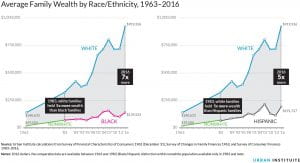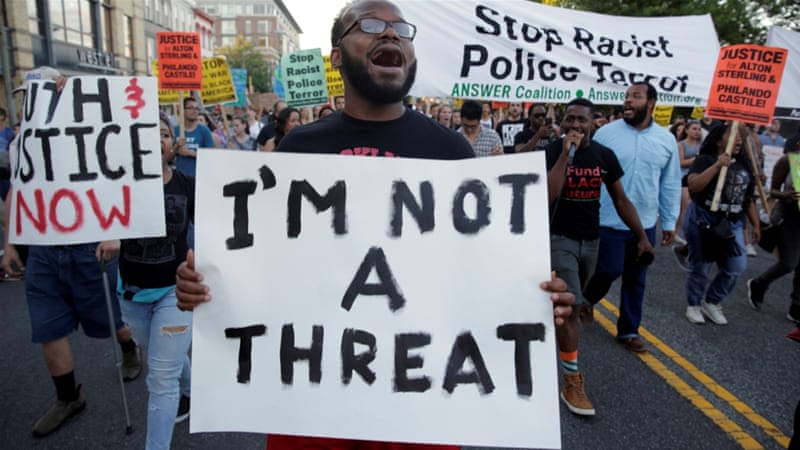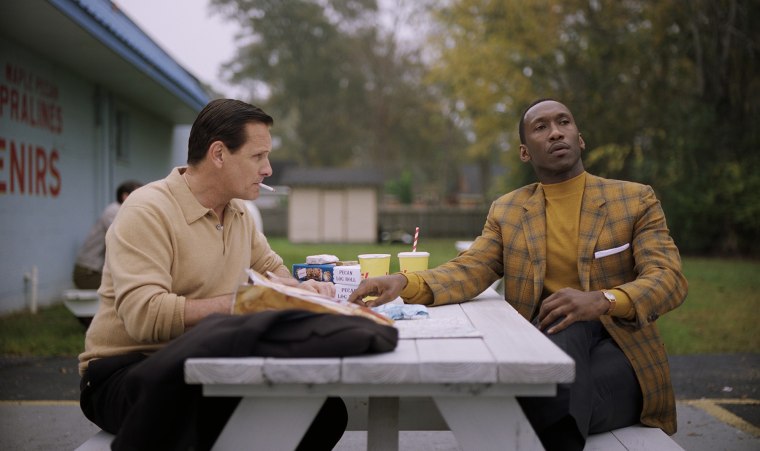Blog #129 – Have we overcome racism yet?
As we talked in class this morning (please listen to the discussion if you missed class – it’s the first 10 minutes or so), most of you who talked said that we have not overcome racism yet. So, let me modify the question to read – to what extent have we overcome racism? This gives you some leeway in interpreting and answering the question and allows you to tackle it however you want.

I think that if I asked the original question say in 1964 after the Civil Rights Act was passed or in 2008 when Barack Obama was elected, I might have gotten different answers. From today’s vantage point, the Civil Rights Movement looks like an inevitable juggernaut where America finally wrestled with the demons of racism and vanquished their most odious forms as seen in Jim Crow laws, voting restrictions, and racial violence. But from back then, it was anything but inevitable. Black and white Americans were trying to defeat centuries of entrenched racism and traditions. The fact that they did it in a mere short eleven years (1954 – 1965) belies the fact that Black Americans had been laying the ground work for the CRM for decades. Yet, to look at racial relations today or at any point in the past thrity years or so, one doesn’t need to be Black to see that we still have so much work to do.
For instance, there is a MASSIVE wealth gap in total and median incomes between Blacks, whites, and Latinos. See the charts below. And this video / article from CNN explains how the coronavirus will just make this g ap worse.
ap worse.
Besides the wealth gap, there is also structural racism in the country where the vast majority of the levers of political power and finance are controlled by white men. Things have gotten better since 1965, but just take a look at Congress which remains about 80% white. And one Black president in forty five.
CNN published this article on Wednesday showcasing inequality in 6 different charts here.
Another thing that we have seen, specifically this week was a bad reminder of this, is that people of color are the direct victims of police brutality and violence. With the proliferation or spread of camera phones, dash cams, and other video recording devices, murders or assaults by police that might have been hushed up are now receiving the attention they deserve. But we have to keep in mind that this violence has always happened, primarily to Black men, but with the increased transparency we have today, bad cops are much less likely to get away with it.

The continuing rise of respectability politics puts down one aspect of the Black community while highlighting another aspect. This idea comes from an early 20th Century movement in the Black community itself to change “Black American culture – and Black Americans themselves – are broken and need to be fixed. And “fixing” means improving the “Black underclass” that holds us back.” Much of this comes from forcing Black Americans to attain the standards of white America as a way to improve upon Black culture. (https://www.bupipedream.com/opinions/94369/the-problem-with-respectability-politics/). The underlying thinking is that one group of Blacks is making it impossible for the “more respectable” Black Americans to rise up and defeat racism. President Obama has been guilty of engaging in respectability politics when he talks about the role of the father in Black families. Comedian Bill Cosby has also been a big proponent of this concept.
Next, the school-to-prison pipeline is emblematic of two things: underfunded schools and lack of real job opportunities for African Americans. This pipeline “refers to the policies and practices that push our nation’s schoolchildren, especially our most at-risk children, out of classrooms and into the juvenile and criminal justice systems. This pipeline reflects the prioritization of incarceration over education” (https://www.aclu.org/fact-sheet/what-school-prison-pipeline). With insufficient funding in urban schools and zero-tolerance educational practices, students who violate school rules in major ways are shuffled out of school and into the criminal justice system. This kind of educational discipline, made in response to the numerous school shootings that have happened since 1999, also affects students with special needs. Some for-profit schools are being created to treat drop-outs or “troubled children” with a no-nonsense approach and have had dismal records of meeting the needs of these students.

But, to further cloud the picture, we should look at Black Americans as champions of perserverance. They defeated Jim Crow and overt forms of racism. They have achieved wealth and status that 50 years ago was unheard of – Barack Obama was elected for 2 terms! Black Americans shape American fashion, culture, music, and entertainment in ways unimaginable 50 years ago. When I was a senior in college, Black students held a sit-in at MSU to push for more Black faculty and an African American studies program. Today, we have an African American History class at Groves. And a few Black women are being considered for the Vice Presidency in a Biden run for the White House this year. And as we have seen in Minneapolis the last couple of days, most Black people have had enough and are rebelling.
So, your job is to think and write about the extent to which we have overcome racism today in 2020 America. Feel free to use examples that I haven’t included here or build on ones that I have listed here. There is no right answer.

 The actors, Viggo Mortensen and Mahershala Ali feel that the movie has an understated power that just lets its characters interact in interesting and human ways.
The actors, Viggo Mortensen and Mahershala Ali feel that the movie has an understated power that just lets its characters interact in interesting and human ways.